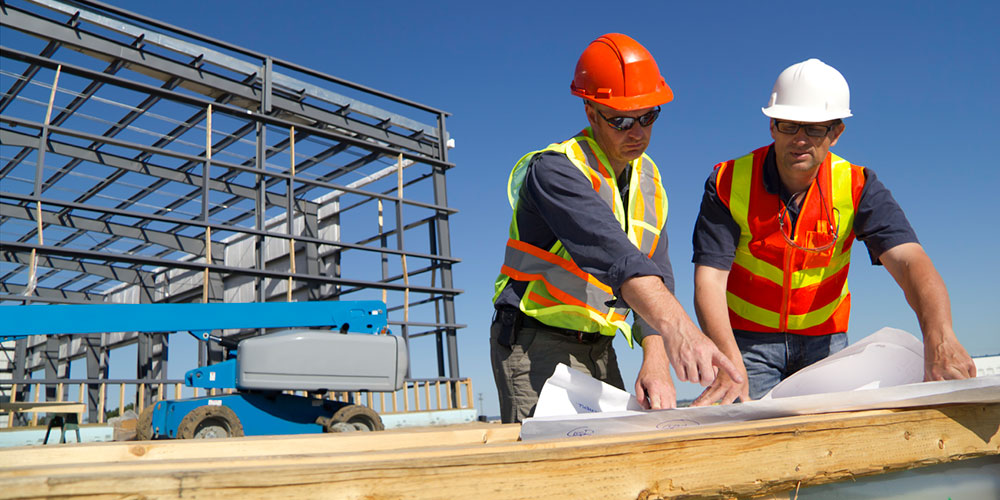Navigating Family Disputes: Finding a Skilled Resolution Practitioner
Understanding the Role of a Family Dispute Resolution Practitioner
Family disputes can be emotionally challenging and legally complex, ranging from divorce and child custody issues to property disputes and inheritance conflicts. In such situations, a family dispute resolution practitioner plays a crucial role in facilitating communication, negotiation, and resolution between parties involved in the dispute. These skilled professionals are trained mediators who help families find amicable solutions to their conflicts outside of the courtroom.
Assessing Your Family Dispute Needs
Before seeking the assistance of a family dispute resolution practitioner, it’s important to assess your specific needs and objectives regarding the dispute. Identify the nature of the conflict, the parties involved, and the desired outcome or resolution you hope to achieve. Whether it’s reaching a parenting agreement, dividing marital assets, or resolving disagreements over inheritance, clarifying your goals will help guide your search for the right practitioner.
Exploring Your Options
Once you’ve identified your family dispute needs, it’s time to explore your options for finding a skilled resolution practitioner. Start by researching local mediation services, family law firms, and individual practitioners who specialize in dispute resolution. Look for practitioners with relevant experience, qualifications, and a track record of successful mediation outcomes. Consider seeking recommendations from trusted sources, such as friends, family members, or legal professionals who may have had positive experiences with a practitioner.
Evaluating Practitioner Qualifications
When evaluating potential resolution practitioners, it’s important to consider their qualifications, training, and credentials in the field of dispute resolution. Look for practitioners who are accredited by recognized mediation organizations or professional associations. Consider factors such as their years of experience, specialization in family mediation, and ongoing professional development in dispute resolution techniques. Choosing a qualified and experienced practitioner can significantly enhance the effectiveness of the mediation process.
Discussing the Mediation Process
During your initial consultation with a resolution practitioner, take the time to discuss the mediation process in detail. Understand how the practitioner approaches mediation, their role in facilitating communication and negotiation, and the steps involved in the resolution process. Inquire about confidentiality, neutrality, and the principles guiding the mediation process. Ask any questions you may have about the practitioner’s approach and ensure you feel comfortable with their methods before proceeding.
Preparing for Mediation Sessions
Before attending mediation sessions with the practitioner, it’s important to prepare yourself mentally and emotionally for the process. Take the time to reflect on your concerns, interests, and priorities regarding the dispute. Consider what outcomes are most important to you and be prepared to communicate them effectively during mediation sessions. Additionally, gather any relevant documents, information, or evidence that may support your position during negotiations.
Participating Actively in Mediation
During mediation sessions facilitated by the practitioner, it’s essential to participate actively and openly in the process. Listen attentively to the perspectives of all parties involved and strive to understand their concerns and interests. Communicate your own needs, preferences, and proposed solutions in a constructive and respectful manner. Be willing to compromise and explore creative solutions that address the underlying issues of the dispute.
Maintaining Open Communication
Throughout the mediation process, maintain open lines of communication with the practitioner and other parties involved in the dispute. Express any concerns or challenges you may encounter during mediation sessions and seek clarification or guidance from the practitioner as needed. Be willing to engage in productive dialogue and negotiation to work towards a mutually acceptable resolution.
Building Sustainable Agreements
As mediation sessions progress, focus on building sustainable agreements that address the needs and interests of all parties involved in the dispute. Collaborate with the practitioner and other parties to develop solutions that are practical, fair, and legally enforceable. Ensure that any agreements reached during mediation sessions are documented accurately and comprehensively to prevent future misunderstandings or disputes.
Conclusion
Finding a skilled family dispute resolution practitioner can provide invaluable support and guidance in navigating complex family conflicts. By assessing your dispute needs, exploring your options, evaluating practitioner qualifications, discussing the mediation process, preparing for mediation sessions, participating actively, maintaining open communication, and building sustainable agreements, you can work towards resolving your family dispute effectively and amicably with the assistance of a skilled resolution practitioner. Read more about family dispute resolution practitioner










